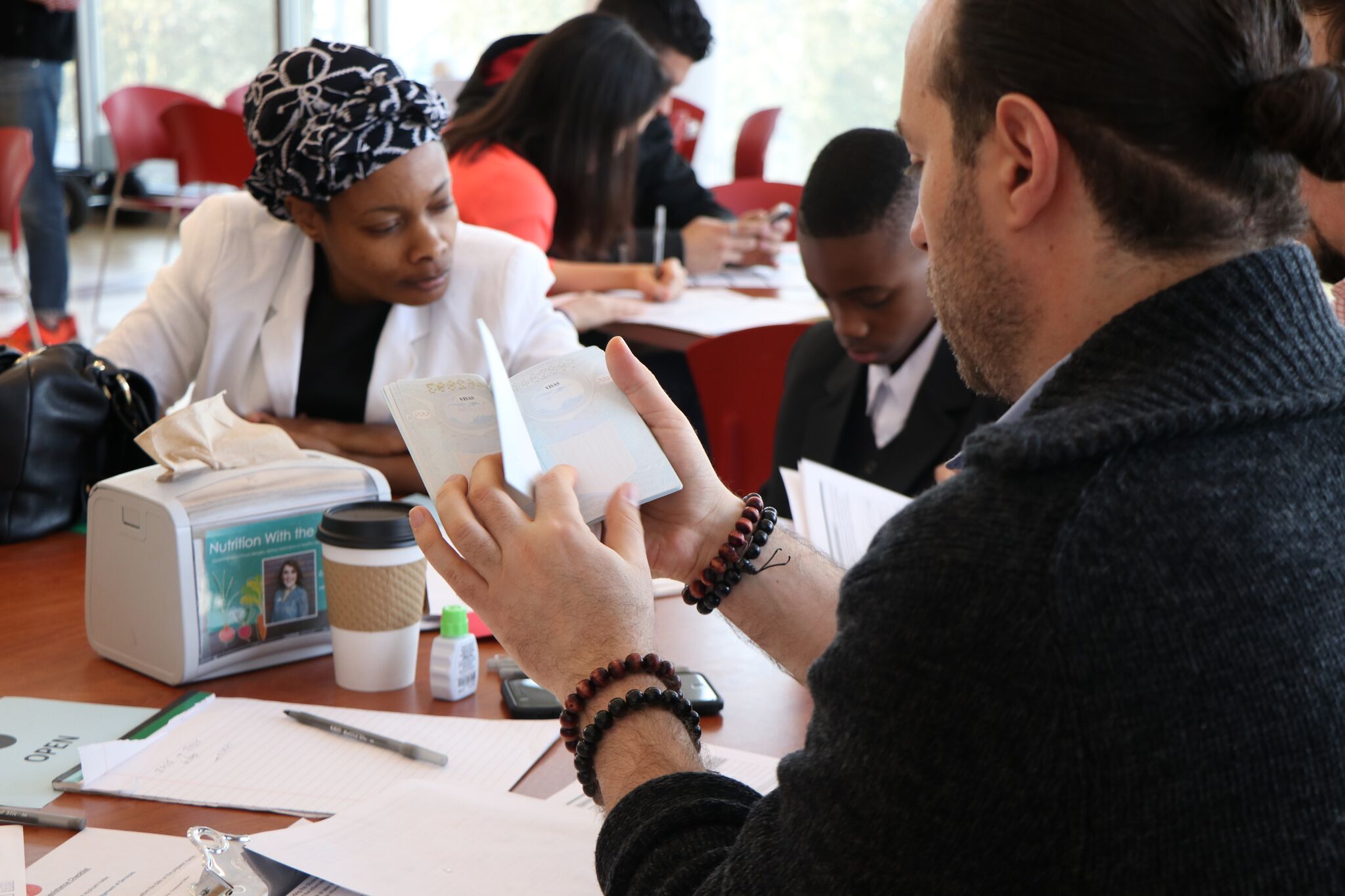Spring Break with Project Citizenship
By Andrew Patterson, J.D. ’20
Over Spring Break, I had the opportunity to work with Project Citizenship, a Boston-based organization that exists to help Legal Permanent Residents become United States citizens. I had an amazing experience that enabled me to jump right into working with clients, including providing direct representation at a USCIS citizenship interview.
The naturalization process is complex and expensive. The forms can be daunting, filled with confusing language and oddly intrusive questions. The application process can cost up to $725 in fees, posing a high financial hurdle. Because of these obstacles, many Legal Permanent Residents (LPRs) avoid the naturalization process and forego the benefits of citizenship – among them the right to vote and, increasingly important, security from deportation.
Project Citizenship exists to assist LPR’s overcome these difficulties by helping them determine eligibility, prepare the forms, and obtain fee waivers. Much of my work with them consisted of screening applicants for citizenship eligibility, often in Spanish, and then setting them up with an appointment to attend one of the Project’s workshops. During my week there I also got to work with clients at a day-long workshop, assisting them with citizenship applications and fee waivers alongside dozens of pro-bono attorneys. That day we submitted close to 80 citizenship applications, and with Project Citizenship’s 95% approval rate, the great majority of those applicants will soon be U.S. citizens.
Project Citizenship also does important work advocating for LPR clients who have a disability. Prospective citizens usually have to show proficiency in English and U.S. civics and take the oath of citizenship, but certain applicants can be exempted from those requirements, namely those whose disability prevents them from learning English and Civics or from understanding the oath. Applicants seeking a disability waiver must provide a written determination from a medical doctor explaining why they cannot prepare for these tests or understand the oath. Even with this completed form, applicants for these waivers can be met with stiff resistance from the USCIS officers adjudicating their applications. Project Citizenship and their pro-bono attorneys have encountered USCIS officers who are hostile to these applicants and who look for any pretext – such as minor mistakes in the paperwork – to reject these waiver requests. Occasionally they also violate their own regulations by substituting their judgment for a doctor’s and by inquiring into other facets of the applicant’s life that have no bearing on the specific issue of ability to learn English and Civics. Project Citizenship and its pro bono lawyers play an important role in these situations by challenging illegitimate grounds for rejection and ensuring that USCIS follows its own regulations.
Project Citizenship’s attorney Mitchell Montgomery, who serves through the AmeriCorps Legal Advocates of Massachusetts program, provided training and mentorship that enabled me to represent one of these clients. I attended a citizenship interview with an applicant who had a cognitive disability, along with one of her family members who would answer questions and take the oath on her behalf. The interview went smoothly and my client became a citizen that day. My most valuable assistance ended up being simply describing the process to my client’s daughter and advising her on which parts of the application would elicit questions from the interviewing officer, and then helping her answer questions. A big part of my role was decoding the process for the client to make it less intimidating.
Overall, the week provided great experience in improving interviewing skills and exposed me to direct representation in an administrative advocacy scenario. Project Citizenship provided outstanding training and struck the right balance between stretching one beyond the comfort zone and ensuring adequate preparation. I highly recommend that any HLS student interested in immigration and naturalization issues spend time working with Project Citizenship.


